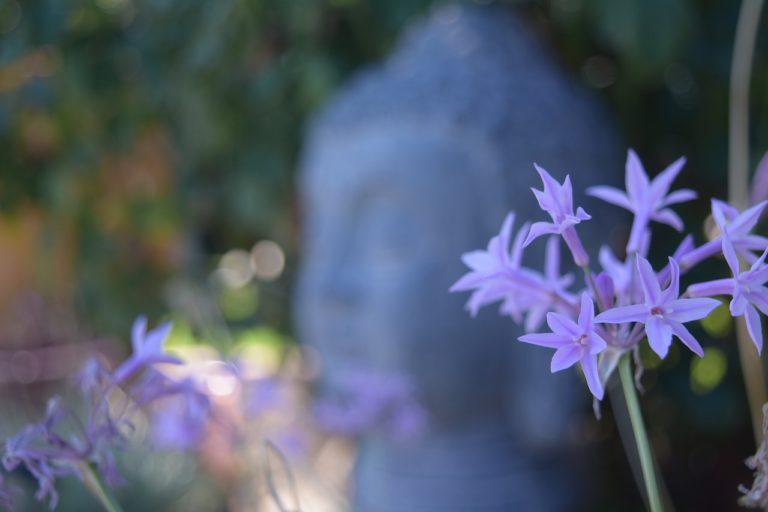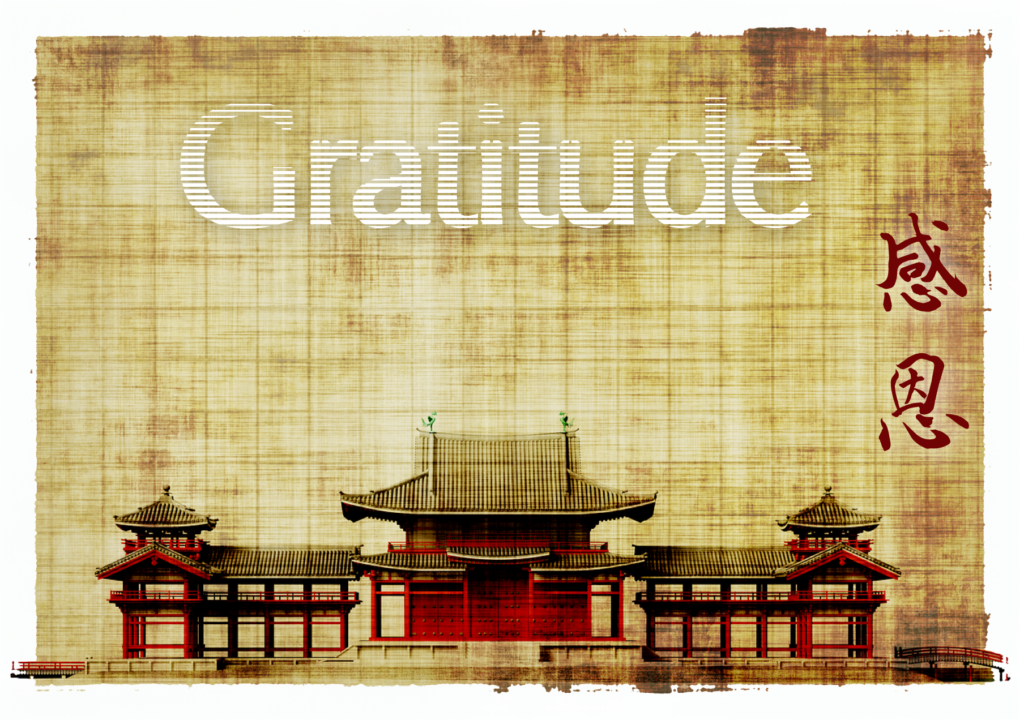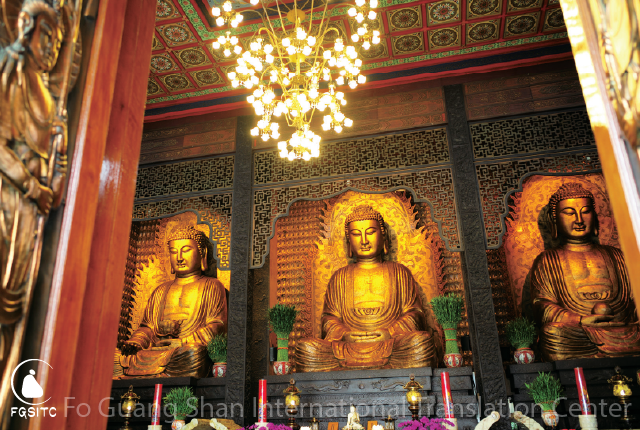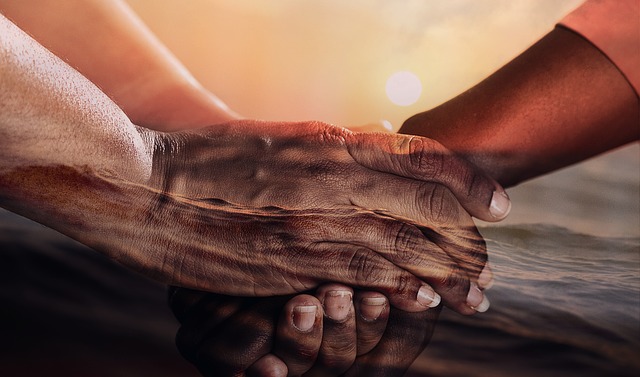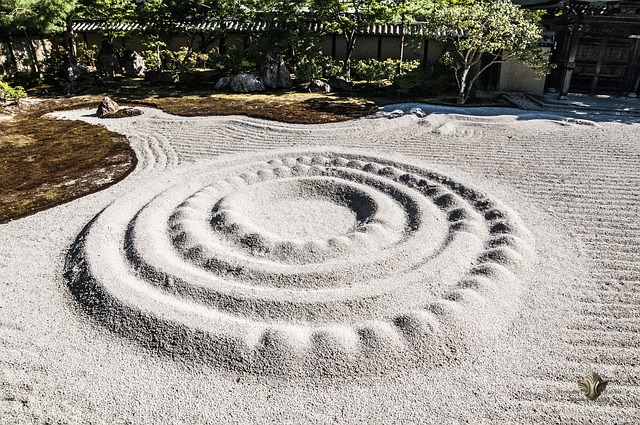
On the path of life, sometimes we need to go straight ahead, other times we have to make turns in order to reach our goals. If we do not turn around when we need to, we will not “see the other shore.” But when we need to move ahead and we do not, we will miss a prime opportunity.
When we have to make a turn on the road of life, we have to decide whether to go right or left. We cannot make the wrong turn. And in moving ahead, we need to know if we are going to move fast or slow, close up or far away.
Regrettably, when we need to go ahead on the path of life, some choose to make a turn. But when it is time to turn, they charge straight ahead. Thus, they create many difficulties for themselves in life.
There are many examples in Chinese history where battles were lost and dynasties fell because emperors and generals failed to make the proper turn when required, or stopped when they should have charged ahead. As a result, they failed within reach of success.
Of course, there were others who made all the right moves at the right time and gained an eminent place in history. Venerable Master Chien Chen voyaged to Japan seven times in his life. He was undeterred by the first six failures. By going ahead, he finally succeeded in bringing Buddhism and the Chinese culture to Japan and was honored as the father of Japanese culture. Venerable Master Xuan Zhang went straight ahead on his path to India and was successful in bringing Buddhist sutras back to China. Sakyamuni Buddha was determined to achieve Buddhahood and finally reached his goal.
Confucius never intended to take up an official position. But he realized that the power of politics could help in fostering academics and education, and so was willing to take up a post with the imperial court. His is an illustration of someone who knew how to make the right turns in life.
In the battlefield, sometimes we need to charge bravely ahead. Other times we have to re-route our strategy. In opening a highway to the top of a mountain, we need to wind and turn around the slopes. We cannot go straight up, without winding and turning.
As the saying goes, “There are many doors of convenience, but only one truth to reach for.” On the path of life, as long as we can reach our destination, why should we be attached to any single way? When the road ahead is blocked, why not detour to another one? Therefore, we need not be confrontational in our attitude toward others. Not giving up an inch does not necessarily bring us victory. If we can sail according to the winds, and make proper turns along the way, then the path of life ahead will be smooth sailing.
This article was originally published in Between Ignorance and Enlightenment, written by Venerable Master Hsing Yun.
Image from Pixabay.

